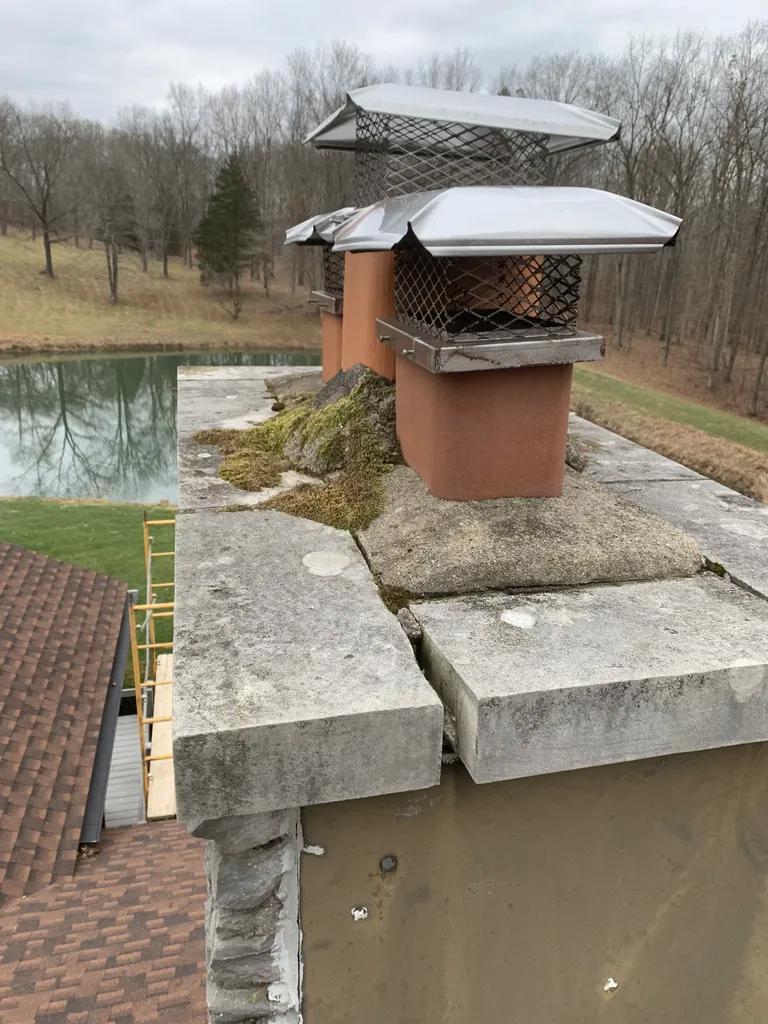Brickwork walls are a timeless and sturdy choice for residential and commercial buildings. However, over time, wear and tear can lead to cracks, crumbling mortar, and other issues that compromise the integrity of the structure. In this expert guide, we will delve into common problems that arise with brickwork walls and provide step-by-step instructions on how to effectively repair them. By following these techniques, you can ensure that your brickwork walls remain both visually appealing and structurally sound for years to come.
Table of Contents
- Common Causes of Brickwork Damage
- Assessing the Extent of Damage
- Tools and Materials Needed for Repair
- Step-by-Step Guide to Fixing Brickwork Walls
- Q&A
- Closing Remarks

Common Causes of Brickwork Damage
When it comes to brickwork walls, several common causes can lead to damage over time. Understanding these factors is essential in knowing how to properly repair and maintain your brick structures. Here are some of the main culprits behind brickwork damage:
- Weather Exposure: Harsh weather conditions, such as extreme heat, frost, rain, and wind, can wear down the mortar and bricks, leading to cracks and erosion.
- Water Infiltration: Water seeping into the brickwork can cause efflorescence (white stains), mold growth, and deterioration of the mortar joints.
- Settling: As buildings settle over time, the foundation can shift, causing stress on the brick walls and leading to cracks and bulging.
By identifying these , you can take the necessary steps to repair and protect your brick structures. Proper maintenance and timely repairs can help extend the lifespan of your brickwork walls and keep them looking strong and beautiful for years to come.

Assessing the Extent of Damage
When to brickwork walls, it is crucial to inspect both the interior and exterior of the structure. Look for signs of cracking, chipping, or spalling, which can indicate underlying issues with the integrity of the wall. Check for water damage, as moisture can weaken the mortar and cause bricks to deteriorate over time. Additionally, pay attention to any bulging or leaning in the wall, as this could be a sign of structural damage.
One effective way to assess the damage is to tap on the bricks with a rubber mallet. A hollow sound can indicate loose bricks or deteriorating mortar. Use a level to check for any unevenness in the wall, as this could signify movement or settling. Take note of any areas where the mortar is crumbling or missing, as these spots will need to be addressed during the repair process. By thoroughly evaluating the condition of the brickwork walls, you can determine the necessary steps to restore them to their original state.

Tools and Materials Needed for Repair
When it comes to repairing brickwork walls, having the right tools and materials on hand is essential for a successful outcome. Here is a comprehensive list of what you will need:
- Trowel: For applying mortar to the bricks.
- Masonry Brush: To clean the bricks before repair.
- Hammer: For removing damaged bricks.
- Chisel: To help with brick removal and mortar application.
| MATERIAL | DESCRIPTION |
| Mortar Mix | For filling in gaps between bricks. |
| Replacement Bricks | To replace any damaged or missing bricks. |
By ensuring you have these tools and materials ready, you will be well-equipped to tackle any brickwork wall repair project with confidence.

Step-by-Step Guide to Fixing Brickwork Walls
First, assess the extent of the damage to your brickwork walls. Look for cracks, loose bricks, or signs of water damage. Identify the areas that need repair and make a plan for how you will tackle each issue.
Next, gather the necessary tools and materials for the job. You will likely need a hammer, chisel, mortar mix, trowel, and water. **Make sure to wear safety gear, such as goggles and gloves, to protect yourself during the repair process.** Once you have everything you need, begin by carefully removing any loose bricks or damaged mortar. Clean the area thoroughly before applying new mortar to ensure a strong bond.
Q&A
Q: Why is it important to repair brickwork walls?
A: Repairing brickwork walls is crucial in maintaining the structural integrity of a building and preventing further damage over time.
Q: What are some common issues that can occur with brickwork walls?
A: Common issues with brickwork walls include cracks, crumbling mortar, water damage, and settlement.
Q: How can I determine if my brickwork walls need repairing?
A: Look for signs such as cracks, bulging bricks, or damp patches on the walls. If you are unsure, it is best to consult a professional for an assessment.
Q: What tools and materials are needed for repairing brickwork walls?
A: The tools and materials needed for repairing brickwork walls include a hammer, chisel, trowel, mortar mix, and a stiff brush.
Q: What are some tips for repairing brickwork walls effectively?
A: Ensure that the damaged area is clean and free of debris before applying mortar, and always match the color and texture of the existing brickwork for a seamless repair.
Q: When should I consider hiring a professional to repair my brickwork walls?
A: It is advisable to hire a professional for more extensive repairs or if you are unsure about the correct techniques and materials to use. They can provide expert guidance and ensure the job is done correctly.
Closing Remarks
In conclusion, proper maintenance and repair of brickwork walls are essential in ensuring the longevity and structural integrity of your property. By following the expert guide provided in this article, you can address common issues such as cracks, efflorescence, and spalling with confidence and efficiency. Remember, when in doubt, always seek the assistance of a professional mason to ensure the job is done correctly. With proper care and attention, your brickwork walls will continue to stand strong for years to come. Thank you for reading our expert guide to repairing brickwork walls.


